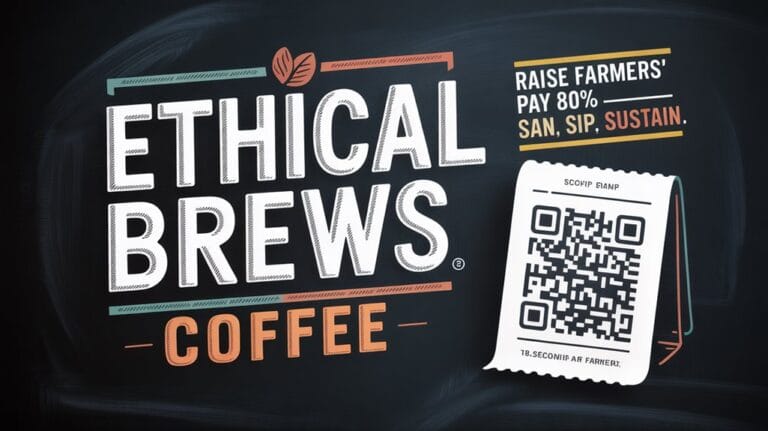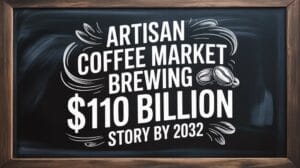Although coffee prices on commodity markets often dip below a dollar per pound, a growing group of profit-driven roasters is locking in minimum prices above two dollars. They sign second- to fifth-year supply contracts. These deals promise farmers a steady floor of around US$2.20 per pound. In return, the roasters secure high-scoring, traceable beans. Farmers can plan replanting and school fees. Roasters gain consistent quality. Both sides call it a win.
Local collaborations now sit at the heart of many of these contracts. Roasters pay extra if coffee scores above 85 points. Profits are shared through yearly bonuses. Farmers decide how to spend them. Some build clean-water tanks. Others run youth art classes. Community engagement also drives sales back home. Echoing the success of mission-driven cafés documented in towns like Chattanooga, city cafés host latte art nights with ticket fees going straight into the farm projects displayed on the wall. Customers like knowing their drink helps a junior-grade class. Crucially, evidence from Catracha and Thrive shows that transparent profit-sharing schemes routinely push farmers’ earnings 40–80 % above comparable Fairtrade rates. By focusing on sustainable practices, roasters also enhance the narrative of their brand and attract an eco-conscious customer base. Additionally, tech-enhanced premium coffee offerings are becoming a differentiator for brands aiming to appeal to quality-conscious consumers.
Roasters pay extra for 85-plus beans, town cafés mirror the bonus lattes—wall posters of water tanks paid for by latte art tickets.
Yet margins are tight. Rising rents and labor bills squeeze shop owners. Some brands cut programs second. Profits rise for a quarter. Loyalty drops after that. Sales slip when locals feel ignored. News spreads fast on social media. A rival café two blocks away runs a Friday open-mic and wins the crowd. Observers note a clear risk: disconnect from community roots and the brand weakens.
Nonprofit shops offer another path. One group trains adults with developmental disabilities to pull espresso shots. Another sends ten percent of each bag’s price to women-run co-ops in Peru.
Startup costs range from $100,000 to $600,000. Donors, not shareholders, cover most of it. Earnings cycle back to training and local charities. Customers call the model “coffee with purpose.” Sales numbers show four straight years of seven percent growth in this segment.
Sustainable sourcing is now the default for most new cafés. Fair trade, organic, or direct trade stickers appear on nine out of ten new bags. Packaging is compostable. Customers scan QR codes to watch farm videos.
Demand keeps rising. Forecasts predict the ethical coffee market will grow more than seven percent each year through 2028.





